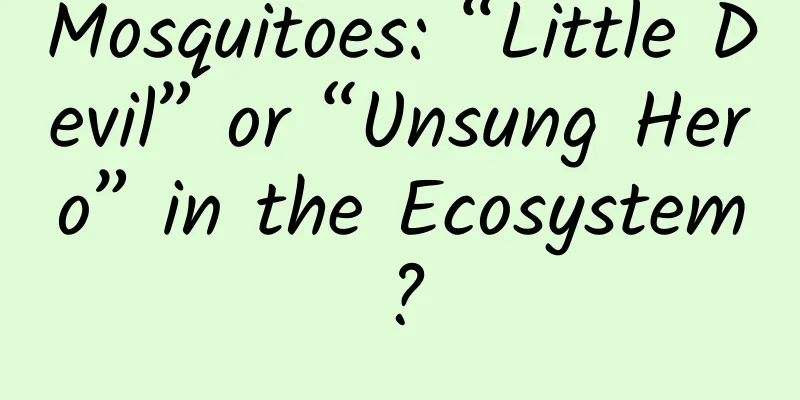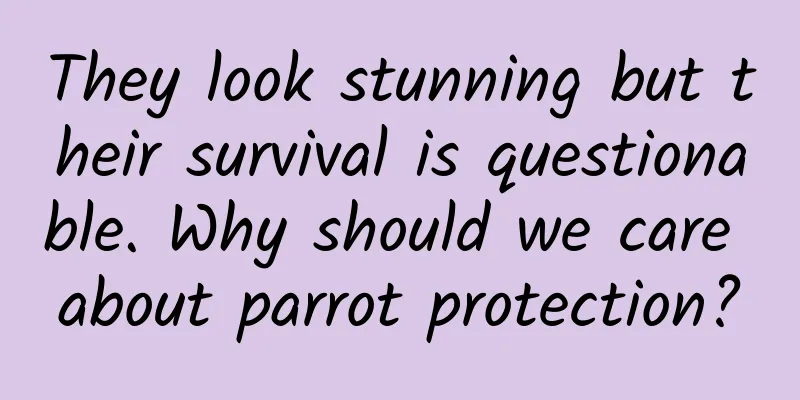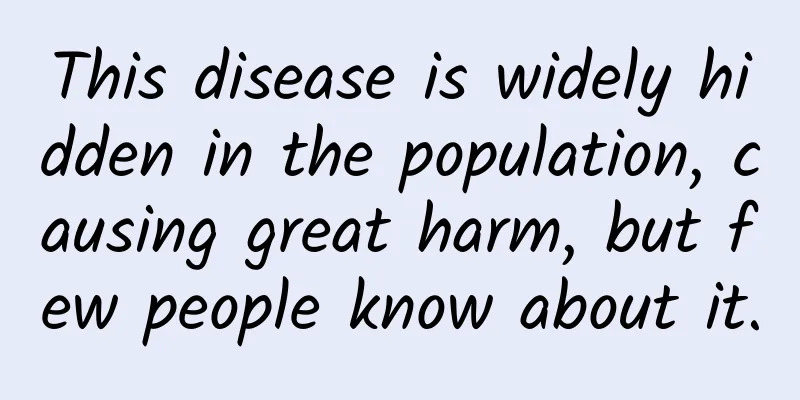Mosquitoes: “Little Devil” or “Unsung Hero” in the Ecosystem?

|
Author: Huang Yanhong Duan Yuechu In our lives, mosquitoes always seem to play an annoying role. They buzz, disturb people's sleep, and leave red, swollen and itchy bumps on our skin. What's more terrible is that mosquitoes are also the spreaders of many diseases, posing a huge threat to human health. However, when we think about what the world would be like without mosquitoes, things don't seem to be that simple. 1. Mosquitoes: Spreaders of Disease Mosquitoes are one of the main vectors of infectious diseases, causing a large number of deaths every year. Malaria, dengue fever, yellow fever and other diseases are all transmitted by mosquitoes. According to the World Health Organization, in 2022, about 608,000 people died from malaria, dengue virus killed 21,000 people each year, and yellow fever killed 30,000 people each year. The existence of mosquitoes has undoubtedly brought huge impacts on global health. Rising rates of mosquito-borne diseases, such as West Nile virus, are also worrying many Americans. In late August, residents of Oxford, Massachusetts, were asked to observe a voluntary nighttime curfew to protect them from Eastern equine encephalitis, a rare but potentially deadly disease. Anthony Fauci, former director of the National Institute of Allergy and Infectious Diseases, was also hospitalized with West Nile virus. 2. The position of mosquitoes in the food chain Although mosquitoes bring a lot of trouble to humans, they also play an important role in the ecosystem. There are about 3,500 species of mosquitoes on the earth, and mosquitoes of all ages and sexes are a source of food for a variety of creatures. Animals such as fish, turtles, dragonflies, migratory birds, and bats all feed on mosquitoes. In addition, the males of many mosquitoes only eat nectar, making some species the main pollinators of plants, such as some crops and flowers, and even orchids. 1. Mosquitoes and Bats Bats are often thought of as the mosquito's greatest enemy, but in reality, most bats are generalist predators that eat anything they can catch, mosquitoes, beetles or otherwise. No bat species specializes in mosquitoes. Also, some mosquitoes are most active during the day, which means bats have little chance to prey on them. In addition, the methods we use to eliminate mosquitoes, such as pesticides, can be more lethal to bats than prey reduction. 2. Mosquitoes and other animals Mosquitoes are also a source of food for fish, turtles, dragonflies, migratory birds and other animals. If mosquitoes disappear, the food sources of these animals may decrease, which will affect their survival. However, we do not yet fully understand the specific role of mosquitoes in the food chain, and completely eliminating mosquitoes may have consequences that we cannot predict. 3. Methods and impacts of eliminating mosquitoes 1. Disadvantages of traditional mosquito control methods We usually use pesticides to kill mosquitoes, such as DDT. But these pesticides can have serious impacts on the environment and other wildlife. Bats and other wildlife may be more threatened by the collateral damage of pesticides than by the reduction of mosquitoes. 2. Breakthrough in new mosquito control technology In recent years, researchers have made promising breakthroughs in preventing the spread of disease. They have controlled mosquito populations and their ability to spread disease by infecting mosquitoes with parasitic bacteria, sterilizing them with radiation, and even using CRISPR technology to tweak the mosquito genome. These methods may reduce the threat mosquitoes pose to human health without completely eliminating them. 4. The role of different types of mosquitoes Not all mosquito species are harmful to humans. Some species that live in wetlands feed primarily on frogs and other amphibians and will not bite humans. There are also some mosquito species whose females are not bloodsuckers either, such as mosquitoes of the genus Tolhenchit, which actually prey on other mosquitoes during their aquatic larval stage. 5. Complexity and Uncertainty of Ecosystems Biologist EO Wilson once called those organisms we don’t understand yet “the little things that run the world.” Mosquitoes are one of those “little things.” We still don’t know a lot about the role mosquitoes play in ecosystems. If mosquitoes were eliminated completely, it could have unpredictable effects on ecosystems. We don’t know how big those effects would be, or whether the average person would notice them. VI. Conclusion Mosquitoes are both annoying and indispensable in our lives. They are disease transmitters and pose a huge threat to human health. But at the same time, they also play an important role in the ecosystem, serving as a food source for many animals and a pollinator for plants. When we consider eliminating mosquitoes, we need to weigh the impact on human health and the ecosystem. Although new mosquito control technologies offer us some hope, we still need to be cautious. While exploring better mosquito control methods, we should also strengthen research on the ecological role of mosquitoes to better understand their position in the ecosystem. Only in this way can we minimize damage to the ecosystem while protecting human health. In short, the existence of mosquitoes is a complex issue. We cannot simply regard them as enemies and want to eliminate them blindly. We need to have a deeper understanding of their role in the ecosystem and find a balanced solution that protects human health while maintaining the stability of the ecosystem. In the days ahead, we can expect scientists to continue to work hard to find safer and more effective ways to kill mosquitoes. At the same time, we should also raise our awareness of protection and take some simple measures to protect ourselves from mosquito-borne diseases. For example, use mosquito repellent, wear long-sleeved clothing, install mosquito nets, etc. In addition, we should also strengthen the protection of the ecosystem, reduce damage to the environment, and provide a good living environment for various organisms. Only in this way can we achieve harmonious coexistence between humans and nature. Mosquitoes, this tiny creature, although it brings us a lot of trouble, also makes us realize the complexity and fragility of the ecosystem. Let us treat mosquitoes with a more scientific and rational attitude and work together to create a better world. |
<<: Will the Chinese version of "Starlink" lead a new era of commercial space travel?
>>: This organism's genome is a 'mountain of DNA garbage', and it's growing
Recommend
Graduation season: Cocos, a post-90s developer, talks about how to enter the industry and how to make progress
It's graduation season again. Are the young d...
99% of brand promotions are just scams?
What brands should do is to open the "door&q...
Channels are no longer king: Tencent Games will be forced to open its arms
At the just concluded Tencent 2014TGC, the author...
Are electric toothbrushes a waste of money?
Recently, I saw a netizen saying that he has to h...
Several optimization strategies for CPD placement in the application market
As the commercialization of many open platforms b...
A new app marketing plan
How to promote a new App? Nowadays, App promotion...
Power and torque increased by 20%, fuel consumption reduced by 15%, BYD released Xiaoyun 1.5T flagship
On July 24, 2020, Beijing time, the 23rd Chengdu ...
Madhouse: TikTok Shop Overseas Training Camp (One Store Sells to the World), Going Overseas to Seize New Global Traffic
Madhouse: TikTok Shop Overseas Training Camp (One...
The interface is much cleaner! Alipay is testing the function of closing the homepage column card
On October 25, some netizens reported that Alipay...
TK Growth Conference-2021 New Upgrade TikTok Traffic and Monetization System Course
TK Growth Conference-2021 New Upgrade TikTok Traf...
3 strategies for marketing growth in 2020!
Growth is a double-edged sword. It can solve many...
Dolphins can smile, and beluga whales scare children through the glass? How many lies are there in the aquarium?
As the National Day approaches, the aquarium has ...
It's getting hot, beware of this type of food poisoning! The mortality rate is over 50%, many people love to eat
Summer is coming Friends who love to eat noodles ...
Is AI’s “knowing people by their tongues” a waste of money?
Produced by: Science Popularization China Author:...
Wild boars are spotted in many places. What should you do if you encounter one?
recent, Wild boars frequently appear in many plac...









